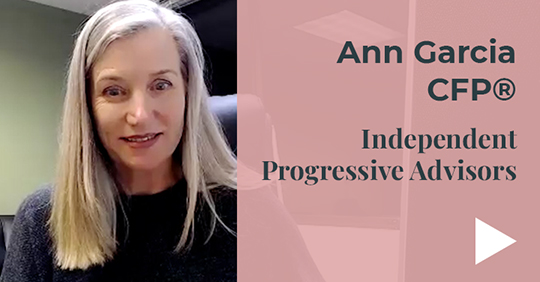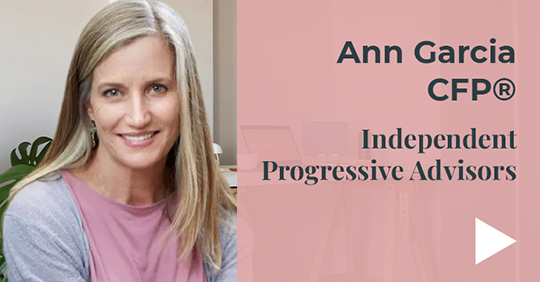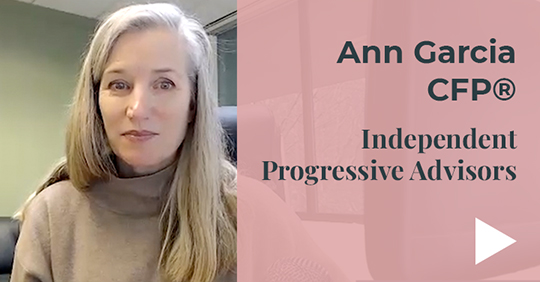
The FAFSA Simplification Act has made sweeping changes to the financial aid form. Now that the 2024-2025 FAFSA has officially launched, here are 7 changes you can expect to see, either on the form or with the financial aid process.
1. Fewer questions
The revised FAFSA has 36 questions, down from 108. And depending on a family’s circumstances, they may be able to skip as many as 26 questions.
2. The EFC is now the SAI
To simplify the financial aid process, the term Student Aid Index has replaced Expected Family Contribution (EFC) on the revised FAFSA. The Student Aid Index (SAI) is a number used by colleges and universities to assess a family’s eligibility for financial aid. The formula that determines the SAI considers household size and parent and student income and assets. Try our free SAI calculator.
3. Increased income protection allowance
The revised FAFSA increases the amount of reported income excluded in the financial aid formula, called the income protection allowance. Parents and dependent students will see an increase of up to 35% between them. This will help offset the fact that the FAFSA no longer takes into consideration the number of students a family has in college.
4. Expanded eligibility for grants
Federal Pell Grants are a significant funding source for many families paying for college. The formula for awarding Pell Grants has been simplified to primarily look at family size and adjusted gross income. This means more families will be eligible for grants, and families that are already eligible will qualify for more money.
5. Favorable treatment of child support
The revised FAFSA treats child support received as an asset rather than untaxed income. This now lowers the impact of child support on the financial aid formula since assets are counted less than income.
6. Professional judgment changes
Professional judgment (PJ) is the authority given to colleges by the federal government to adjust certain data on the FAFSA to get a more accurate picture of a family’s ability to pay. Professional judgment has gone through some changes if its own:
- Institutions are prohibited from keeping a policy denying all PJ requests.
- Financial aid administrators, under certain conditions, can offer a dependent student a Direct Unsubsidized Loan without requiring parents to complete the FAFSA.
- Financial aid administrators, during a time of qualifying emergency and with documentation, can zero out income earned from work.
All of these changes mean more financial support for students and families, especially those facing unforeseen hardships after initially completing the FAFSA.
7. Streamlined reporting
More families are now eligible to have their taxed and untaxed income automatically transferred from their tax return directly to the FAFSA. This process, sometimes referred to as the Future Act Direct Data Transfer (FADDX), helps eliminate user errors and makes it simpler for families to complete the process.
Sources
National College Access Network (NCAN). Bipartisan Support for FAFSA Simplification Eases Path to Accessing Financial Aid. https://www.ncan.org/news/543813/Bipartisan-Support-for-FAFSA-Simplification-Eases-Path-to-Accessing-Financial-Aid.htm
The Chronicle of Higher Education. Big Changes in the Federal Student Aid System Are Coming. Here’s Why They Matter. https://www.chronicle.com/article/big-changes-in-the-federal-student-aid-system-are-coming-heres-why-they-matter
College Aid Pro. Big Changes Are Coming to Federal Student Aid. https://collegeaidpro.com/new-fafsa-rules/
Forbes. 5 Big FAFSA Changes Are Coming. https://www.forbes.com/advisor/student-loans/fafsa-changes/
National Association of Student Financial Aid Administrators (NASFAA). NASFAA Deep Dive: Changes to Federal Methodology, Other Student Aid Changes From Spending Bill. January 7, 2021. https://www.nasfaa.org/news-item/24269/NASFAA_Deep Dive_Changes_to_Federal_Methodology_Other_Student_Aid_Changes_From_Spending_Bill
StudentAid.gov. What is professional judgment? https://studentaid.gov/help-center/answers/article/what-is-professional-judgment











